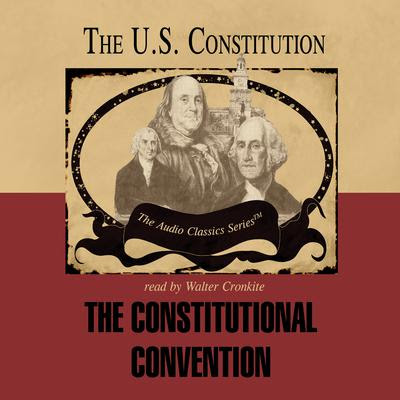"As the perusal of the political papers under the signature of Publius has afforded me great satisfaction, I shall certainly consider them as claiming a most distinguished place in my library. I have read every performance which has been printed on one side or the other of the great question lately agitated (so far as I have been able to obtain them) and, without an unmeaning compliment, I will say that I have seen no other so well calculated (in my judgment) to produce conviction on an unbiased mind, as the Production of your Triumvirate. When the transient circumstances & fugitive performances which attended this crisis shall have disappeared, that work will merit the notice of Posterity; because in it are candidly discussed the principles of freedom & the topics of government, which will be always interesting to mankind so long as they shall be connected in Civil Society."
- George Washington, in a letter to Alexander Hamilton (August 28, 1788)
It was common at this time for Americans to write under pen names named after great Romans
During the
debates over whether or not to ratify the Constitution, authors on both sides of the debate wrote a series of anonymous "letters to the editor[s]" of
newspapers under various
pen names. There were advantages to writing these articles anonymously, of course, when one wished to say controversial things in these debates that could offend one's friends if they were known publicly. Among these authors were many who had actually named their
alter egos after people in
Roman history, whose accomplishments they thus wished to invoke in their arguments. The Constitution's opponents, for example, included
"Brutus" (possibly
Melancton Smith or
Robert Yates or even
John Williams), and "Cato" (possibly New York governor
George Clinton). These were both names of people who had
opposed the Roman monarchy (or at least, a particular manifestation of that monarchy). Thus, this would imply that they were opposed to a repeat of such monarchy in
America.
George Clinton, a possible identity of the author that called himself "Cato"
Alexander Hamilton considered Gouverneur Morris and William Duer to write as "Publius"
The Constitution's supporters wrote under classical pen names, too; and theirs were equally indebted to
Greek and
Roman history.
Alexander Hamilton made the unfortunate mistake once of using the pen name
"Caesar." The condescending tone that he used when writing under this pen name made him almost as many enemies as the ill-chosen pen name itself. When he finally learned his lesson (and it fortunately didn't take him long to learn it), he returned to another pen name that he had used before, which was the pen name of
"Publius." (Hamilton's prior use of this pen name, incidentally, was to attack fellow Federalist
Samuel Chase for using some inside knowledge from
Congress to try and dominate the flour market. Specifically, Hamilton used three letters under this name to question Chase's
patriotism in 1778.) When he began recruiting collaborators for the now-famous
Federalist Papers in 1787, Hamilton apparently approached
Gouverneur Morris and
William Duer about becoming contributors, before finally settling on
James Madison and
John Jay instead.
Gouverneur Morris apparently turned down the invitation to work on the "Publius" papers, and
Hamilton actually rejected three essays later written by
William Duer, despite having invited him to participate in the first place. (William Duer would later write under the alternative pen name of "Philo-Publius," or "Friend of Publius," instead.)
Gouverneur Morris, who turned down the opportunity to write a portion of the Federalist Papers
William Duer, who wrote three essays that Hamilton later rejected as part of the Federalist Papers




















